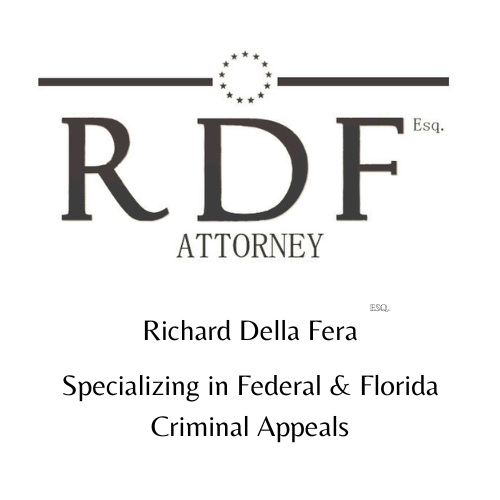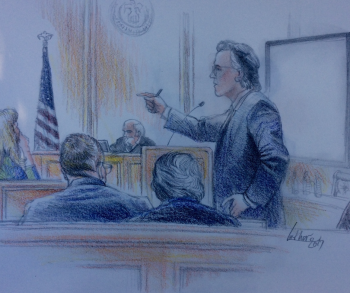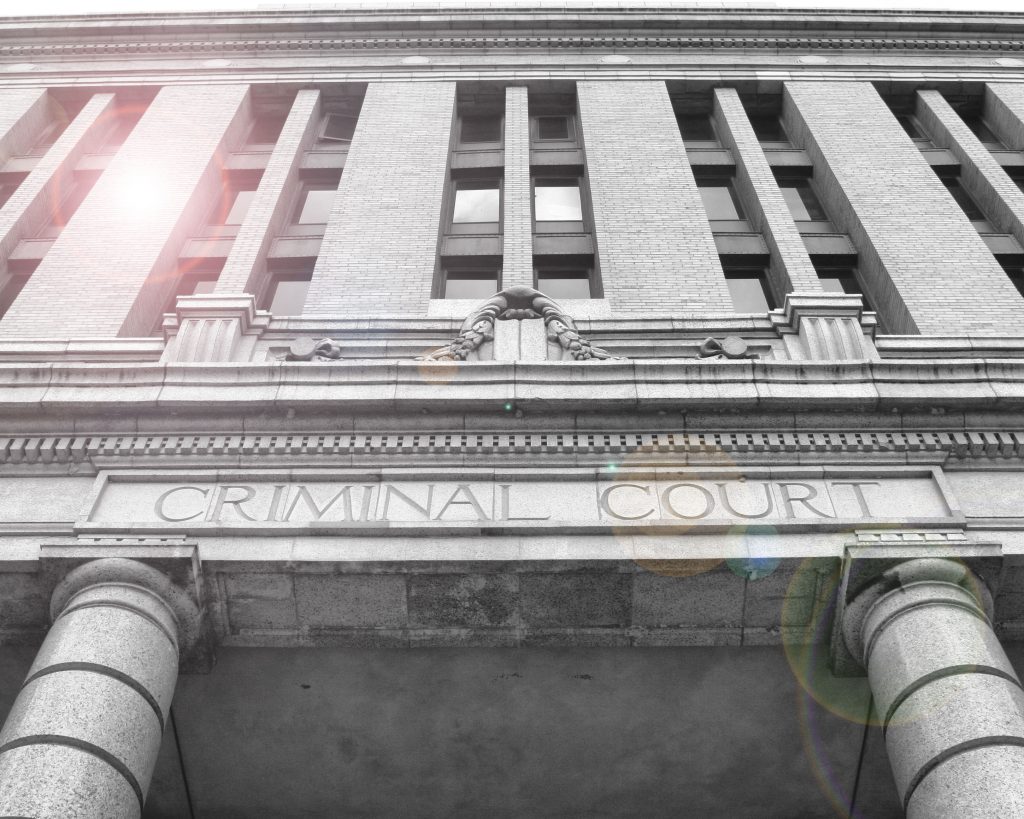You can't afford to Lose Your Criminal Appeal.
Don’t let a negative outcome in court discourage you
Richard Della Fera is a Florida and Federal criminal appeals specialist.
Understand this,
Losing at trial in criminal court can be devastating. Errors can sometimes be made during a trial. Errors that are life-changing. To correct those errors you need an attorney who is a criminal Appeals specialist in both state and federal. Filing an appeal can correct those errors and the outcome.
For this reason, I am here to help now
Are you considering an appeal? Let’s get to work.
Federal appeal
Federal Criminal Appeals
Convictions and Sentences imposed in Federal court are appealed to the Circuit Court of Appeals. The judges of the Circuit Court of Appeals are appointed by the President of the United States and confirmed by the United States Senate. These judges receive life-time appointments. They are generally elevated from the federal trial courts and, therefore, have a strong working knowledge of how criminal trials should be conducted.
There is a time limit to file a Notice of Appeal in federal court. The Notice must be filed within 14 days of the entry of judgment in the trial court, which takes place after the sentencing. Sentencing in federal court usually take place around 60 days after a conviction, whether by jury trial or guilty plea. Therefore, if the client is convicted, he or she should start making arrangements for appellate counsel prior to the sentencing so that time is not lost in filing the Notice of Appeal.
Richard Della Fera is highly qualified to present issues of error that occur in a federal trial or sentencing to these appellate court judges. He was successful in his very first federal appeal in 1996 and won his most recent appeal in 2022. All of Mr. Della Fera’s successful federal appeals won great results for the client ranging from the vacating of convictions to significant reductions in sentences.
Florida appeal
Florida Criminal Appeals
Are you considering an appeal? Let’s get to work.
FAQ's





Are you considering an appeal? Let’s get to work.



